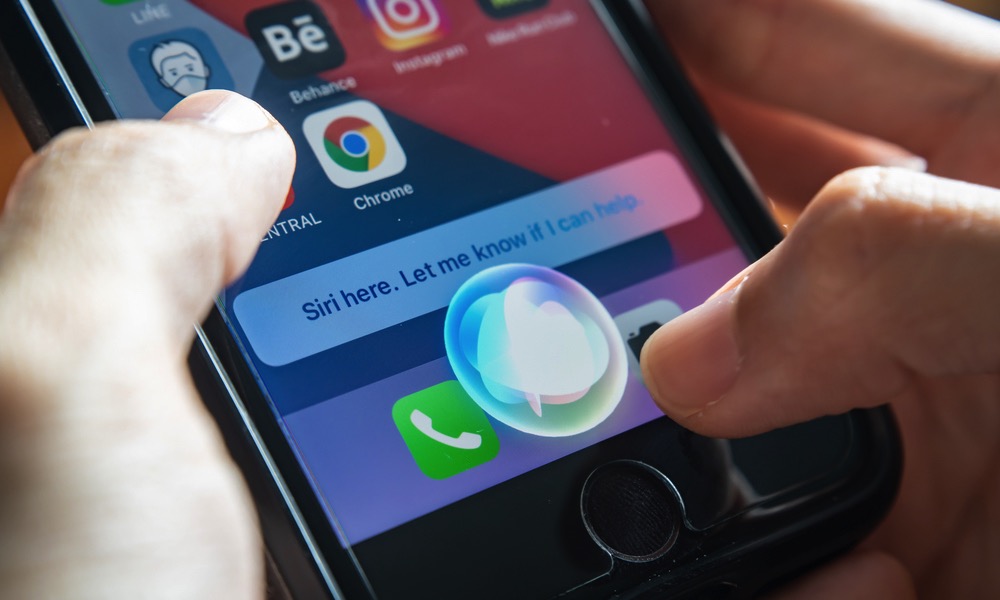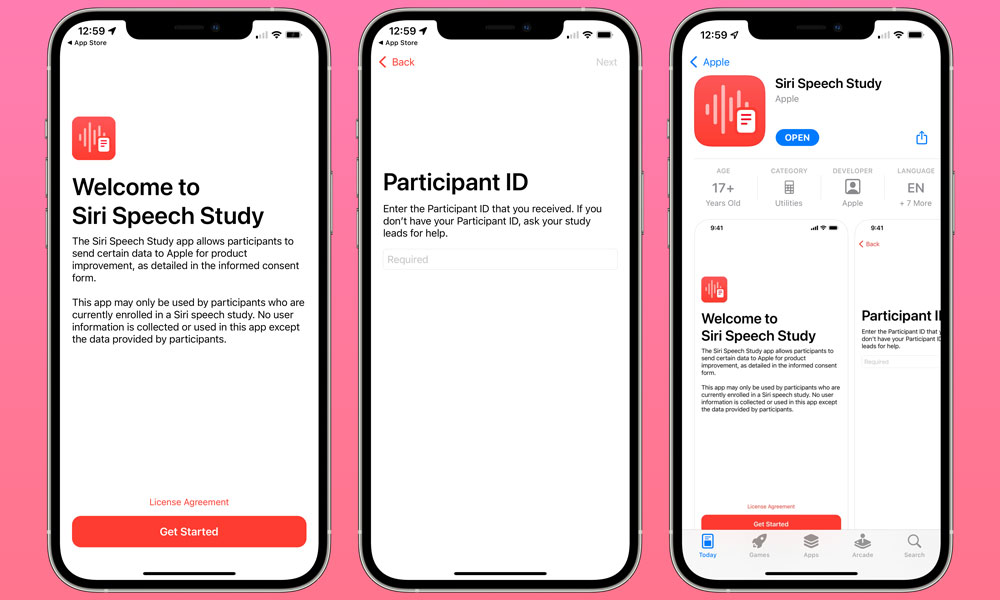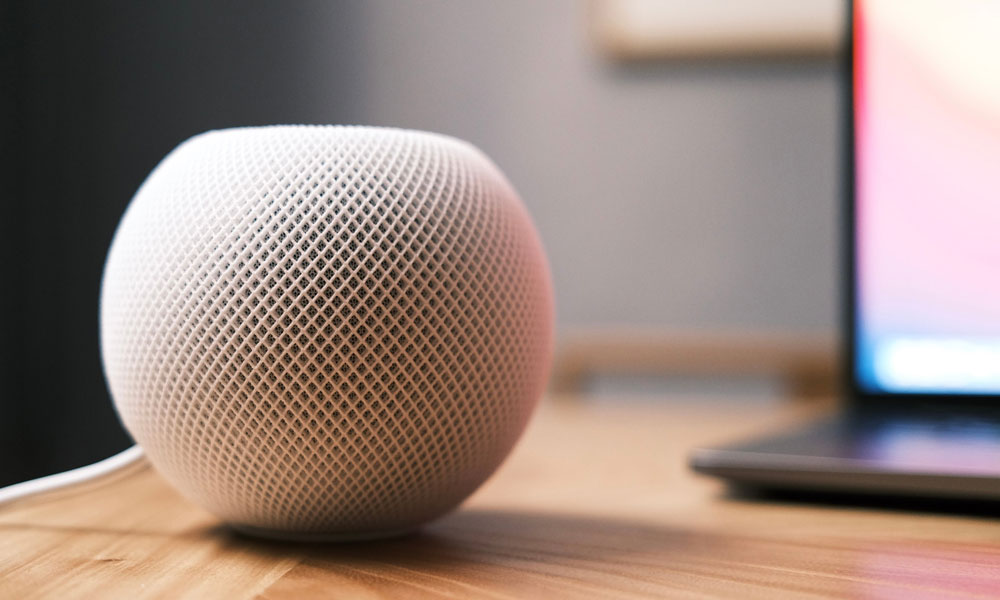Mysterious ‘Siri Speech Study’ App Shows up in App Store | What Is It?
 Credit: Wachiwit / Shutterstock
Credit: Wachiwit / Shutterstock
Toggle Dark Mode
A new but hidden app has been discovered on the App Store that appears to be part of a project by Apple geared toward improving Siri, but exactly how it works remains shrouded in Apple’s usual veil of secrecy.
According to TechCrunch, a new Siri Speech Study app quietly launched in 12 countries on August 9, and it was last updated on August 18. It’s currently available in the U.S., Canada, Germany, France, Hong Kong, India, Ireland, Italy, Japan, Mexico, New Zealand, and Taiwan, but you can’t find it by searching for it, or even browsing Apple’s published apps — it’s only available via a direct link.
The App Store page simply offers the following description:
“The Siri Speech Study app allows participants to send certain data to Apple for product improvement, as detailed in the informed consent form. This app may only be used by participants who are currently enrolled in a Siri Speech Study. No user information is collected or used in this app except the data provided by participants.”
While the app is available for both iPhone and iPad, and can be downloaded by anybody, it looks like you won’t get very far unless you’ve been invited to participate in “a Siri Speech Study” — and it turns out that’s by invite only.
In fact, the welcome screen within the app repeats the App Store description verbatim and includes only a link to a generic license agreement and a “Get Started” button that takes you to a page requiring you to enter your “Participant ID” to proceed any further.
Apple told TechCrunch only that the app is “being used for Siri product improvements,” and confirmed that there is no way for anybody to voluntarily sign up to join.
References to “a Siri Speech Study” implies that there may be more than one study going on at any given time, but all of them are invite-only, and Apple isn’t saying how it decides who gets invited to the table.
Improving Siri
While there aren’t any details of exactly how Apple is running these studies, or what areas it’s looking to improve, it’s not hard to imagine what it’s trying to accomplish in terms of the bigger picture.
Apple has been working to improve Siri behind the scenes for years, using voice recording data collected anonymously from Siri users all over the world. Unfortunately, it was forced to modify its data collection policies following revelations that third-party contractors had been listening to recordings of private conversations.
It was a rare black eye for Apple in the privacy arena, and the company responded by making some serious changes, including new features in iOS, iPadOS, and macOS that specifically required users to opt in when it came to sharing recordings of their Siri interactions with Apple.
It’s impossible to know how many users have actually chosen not to share Siri data with Apple, but it’s fair to say that the company is likely working with a much more limited data set than it once was.
This latest study may be partially in response to that, but it also has advantages that go beyond the more generic Siri analysis that it’s been doing for years. After all, in the past it’s largely been analyzing Siri data in a vacuum, not always understanding the context for the voice assistant’s failures.
On the other hand, a more focused study can allow Apple to collect human feedback, where participants can offer insights into what they were expecting Siri to do in any given set of circumstances. It could also help to improve the analysis of false positives — situations where Siri thinks a user is calling for it when they’re saying something else entirely.
Some studies may also focus on identifying specific individuals in a multi-person household. Apple added voice recognition capabilities to the HomePod a couple of years ago, but it’s another area that Siri doesn’t always get right, especially among larger families where multiple people may naturally have similar voice patterns.
In the case of the Siri Speech Study, however, none of the data will be automatically shared with Apple — according to TechCrunch, this isn’t just running in the background and uploading every Siri request. Instead, participants will be shown a list of the Siri requests they’ve made, and they can then choose to submit specific ones to Apple along with their feedback.
On the surface, this suggests that Apple is likely more interested in seeking out mistakes in this study, since people are far more likely to report those instances where Siri failed to recognize them properly. However, since this is an Apple-led initiative with hand-picked participants, Apple is also likely providing specific guidelines on what type of feedback it’s looking for.
To be clear, the Siri Speech Study app is effectively useless unless you’ve been invited by Apple to participate in one of the studies, in which case they’d also include the link to download the app.
In this case, TechCrunch only discovered it because they were “nosy,” as they put it, but it’s definitely an interesting insight into the work that Apple is doing to make its voice assistant more useful, and we have no doubt that Siri is going to become even more significant as Apple pushes into entirely new product areas like AR Headsets and the Apple Car that will almost certainly require more powerful Siri capabilities.








